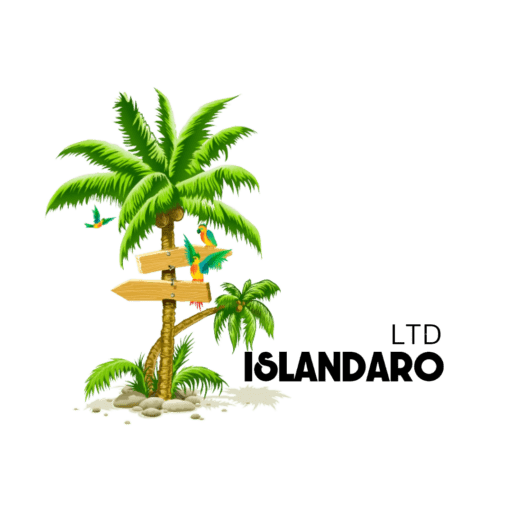Watch full video on YouTube
-
Can I ask a question for the next Q&A session?
As a romanian orthodox i wanted to ask the father if he knows and what he thinks of the last month canonization of 16 romanian saints that suffered in the communist prisons in romania. -
The Ukrainian authorities have every reason to consider the Moscow Patriarchate as an organisation hostile to the country and to prohibit its activities and the activities of all organisations controlled by it and associated with it on the territory of the country. The public statements and actions of the Patriarch of Moscow and All Russia Kirill alone are more than enough to draw such a conclusion and corresponding prohibitions. The Moscow Patriarchate not only openly supports Russia's military aggression against Ukraine, but also tries to give it a spiritual and ideological justification. Moreover, it is the religious and nationalist views propagated by the Russian Orthodox Church that underlie the ideology of the "Russian world" and the "historical and canonical territories" of the Russian state and the Russian Orthodox Church. Ecumenical Patriarch Bartholomew gave a clear and unambiguous spiritual assessment of this, saying that the Moscow Patriarchate shares responsibility for Russia's war in Ukraine.
As for the issues of the canonicity of the UOC and the OCU, the OCU received recognition of independence and autocephaly in 2018 by the Patriarchate of Constantinople, and then by three more of the fourteen regional Orthodox churches.
Its recognition by the remaining churches is in the process, so there is no reason to talk about its non-recognition by the other churches. Until now, none of the regional churches, except the ROC, has announced canonical non-recognition of the OCU.
Unlike the OCU, none of the local Orthodox churches recognise the independence and autocephaly of the UOC. It is considered canonical only as part of the ROC of the Moscow Patriarchate.
Sincerely yours,
bishop Vincent Berg.










